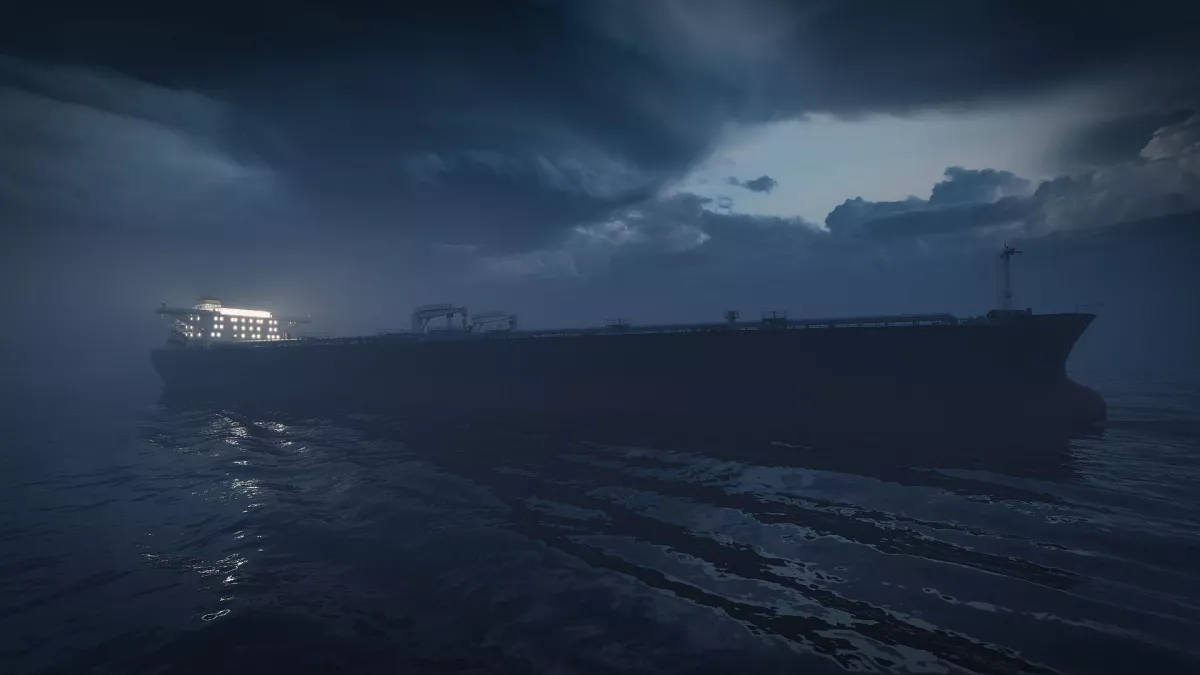
2025 Challenges and Developments in Maritime Security
The maritime industry, which has made significant strides in safety and regulation, is now facing evolving challenges that require renewed attention. From piracy to regulatory gaps, these issues highlight the importance of international cooperation and robust security measures.
Addressing Piracy and Maritime Crime
While international efforts have significantly reduced piracy in recent years, certain regions, including the Red Sea, Singapore Straits, and the waters off Somalia, continue to experience occasional incidents. These disruptions highlight the need for sustained vigilance, improved security measures, and enhanced collaboration between nations to safeguard commercial vessels and their crews.
Understanding the “Dark Fleet”
The rise of the so-called “dark fleet,” ships operating outside standard regulatory frameworks, has drawn attention to the need for greater transparency in maritime trade. Some vessels engaged in transporting goods for sanctioned nations, such as Russia, Venezuela, and Iran, have operated with limited oversight. Strengthening regulatory frameworks and increasing information-sharing efforts can help promote fair and responsible trade practices.
Emerging Security Considerations
Modern maritime security is also shaped by emerging threats, such as cyber risks and infrastructure disruptions. Recent reports suggest the potential for AIS (Automatic Identification System) spoofing and other digital threats, which can impact navigation and operational safety. Enhancing cybersecurity measures and investing in technology-driven solutions can help mitigate these risks and protect critical maritime infrastructure.
Enhancing Regulatory Oversight
The use of “flags of convenience”—registrations in jurisdictions with minimal oversight—has long been a topic of discussion within the maritime sector. While many registries uphold high standards, improving accountability and ensuring compliance with international regulations can further enhance industry credibility and security. Organisations such as the International Maritime Organisation (IMO) continue to play a vital role in supporting regulatory advancements.
Fostering Sustainable and Ethical Maritime Practices
To address these challenges effectively, industry stakeholders, governments, and regulatory bodies may focus on:
• Supporting Crew Welfare and Working Conditions – Protecting seafarers’ rights and ensuring fair treatment will help sustain a skilled workforce.
• Strengthening Anti-Piracy Strategies – Ongoing international cooperation and security measures can help maintain safe shipping routes.
• Enhancing Transparency in Ship Ownership – Promoting greater disclosure can support responsible maritime operations.
• Advancing Regulatory Frameworks – Ensuring robust oversight of vessel registration and operations will improve industry standards.
• Investing in Cybersecurity Measures – Addressing digital risks can enhance the resilience of maritime infrastructure.
By taking a proactive and collaborative approach, the maritime industry can continue to adapt to evolving security challenges while maintaining its role as a cornerstone of global trade and economic stability.
For more information on maritime security services and strategies, or to speak to one of our experts, you can contact our team at enquiries@priavosecurity.com.
